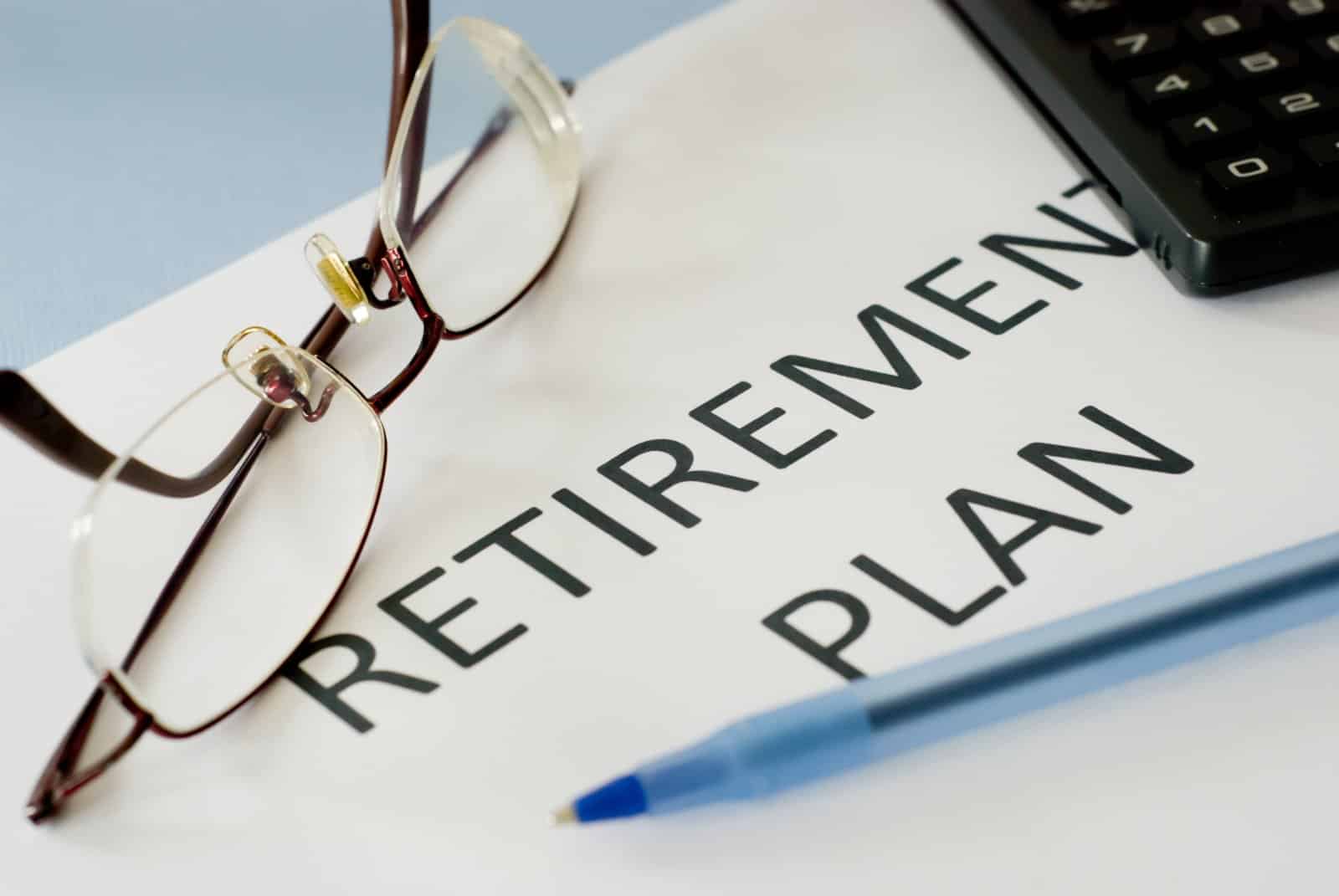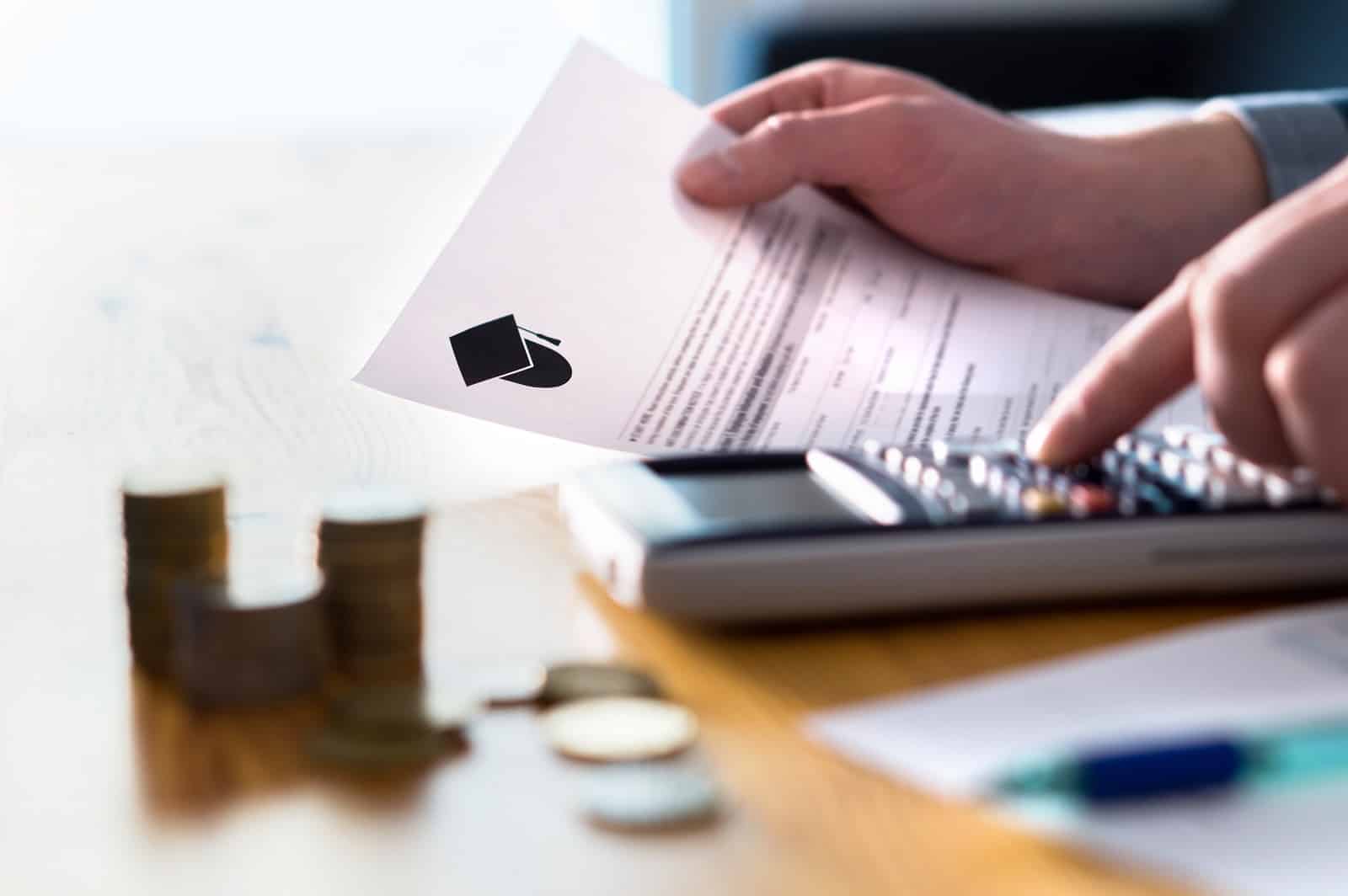If your education stopped short of teaching you how to manage your finances, these tips can help you get on the right track.
Closing Gaps in Financial Education

For some reason, most schools still don’t include personal finance lessons as part of the standard curriculum, leaving young adults in the lurch as they go out on their own.
Building a successful future starts small, and these 13 tips for financial health will get you started.
#1: Invest for the Future

Investments aren’t only for the rich. Whether you put money in an employer-backed 401k plan to save for retirement or dabble in the stock market with apps that simplify the process, investing your money can help you compound your savings and set you up with a healthy nest egg.
#2: Make a Budget and Follow It Religiously

Take the time to sit down and write out every expense you have each month, whether it’s a $300 car payment or a $5 streaming service subscription.
Every dollar matters. This way, you don’t have to worry about whether your paycheck will cover your bills after accidental overspending.
Make sure to allocate a portion of your paycheck for savings, as well!
#3: Before You Take Out Student Loans, Read the Fine Print

For many young adults, student loans are the first major financial decision they’ll ever make.
They’re usually very easy to obtain, but often, students don’t know exactly what to do when it comes time to start paying them back. Only borrow what you need!
Weigh Your Options

Before you commit to a huge loan that will take decades to pay off, consider whether the education you’re borrowing for will lead to a career that pays enough to afford the student loan payments.
#4: Credit Cards Can Make or Break Your Financial Health

Used responsibly, credit cards can be an excellent way to build credit and prove to future lenders that you are trustworthy with borrowed funds.
But they can easily get you in trouble with high-interest rates and penalties if you don’t pay them back quickly.
#5: Learn How to Spot Financial Scams

If a foreign prince emails you and claims to want to send you millions of dollars after you wire him money first, it’s probably obvious that you need to send that email to your spam folder.
But not all financial scams are as obvious.
Do Your Research

Familiarize yourself with common tricks that target young adults so you can protect your money and identity.
#6: Don’t Let Insurance Intimidate You

If you’re shopping for a car or health insurance, there are experts who can help you find the policies that will most benefit you for the best price.
The world of insurance can be scary and confusing, but it’s important to read all the documents your insurance agent gives you and ask questions if you need to so you understand what coverages you have.
#7: If You’re Confused About Filing Taxes, Don’t Wing It: Consult a Professional

Tax professionals exist for a reason! Making mistakes on your tax return can result in serious consequences, and the IRS doesn’t consider ignorance a good excuse.
Instead of risking costly mistakes, talk with a professional to get the inside scoop on how to file your taxes properly.
#8: Establish an Emergency Fund

Experts recommend starting with $1,000 in an emergency fund for unforeseen circumstances that come with a hefty price tag.
Car repairs, health emergencies, or travel mishaps can result in sudden financial strain, but having a designated emergency fund that doesn’t get touched unless you have a true need can keep you out of a bind.
#9: Live Below Your Means

The future is uncertain for everyone, and for those who have the option, having a healthy savings account can set you up for success.
Living below your means is a great way to establish frugal spending habits.
#10: Treat Yourself When You Can

While it’s not the most common financial tip in the world, it’s still an important one.
Of course, you should always plan to take care of your needs first, and that includes putting money aside for savings and retirement.
But it’s okay to spend money on wants too, and doing so (within reason) can be a form of self-care.
An Added Benefit

Taking care of yourself can help you stay mentally focused on your financial goals.
#11: Track Your Spending

Most money transfers are digital these days in the form of apps, digital wallets, and credit and debit cards.
This can make money feel abstract, and that can make it difficult to conceptualize what you’re actually spending.
Little Purchases Add Up

Do your best to keep track of everything you buy, even if it’s just a few dollars, so you don’t accidentally overspend.
#12: Opt to Have Your Paycheck Direct Deposited

When you start a new job, your employer will ask you how you want to receive your pay.
You can establish great savings habits from the start if you set up direct deposits.
Allocate a certain percentage of your paycheck to be deposited straight into a savings account, and have the rest sent to your checking account.
Hands-Off Financial Management

You can build your savings with minimal effort. Consider opening a savings account with a different bank than your primary one so that your direct savings deposits go into an account you don’t see very often.
With those funds out of sight, you won’t be tempted to dip into them.
#13: Don’t Be Ashamed of What You Don’t Know: Ask Questions When You Need To

Millions of Americans have finished high school without knowing much about personal finance because it’s just not prioritized in curriculums.
Don’t let your lack of knowledge about a financial topic embarrass you – plenty of people have been in your shoes.
Reach out to someone you trust and ask questions to better understand these complicated topics.
21 States Where Squatters Can Legally Claim Your Property

Discover how squatters’ rights, or adverse possession, are more than just legal jargon—they’re stories of unexpected twists in the world of real estate. From sunny California to the historical landscapes of Pennsylvania, here’s how these laws could turn the tables on homeowners and squatters alike. 21 States Where Squatters Can Legally Claim Your Property
14 Things That Are Banned in the U.S. but Totally Fine Elsewhere

Ever feel like America’s rulebook was written by someone with a dartboard? Across the pond or down under, things get even wackier. Let’s take a walk on the wild side of global “Do’s” that are definite “Don’ts” in the Land of the Free. 14 Things That Are Banned in the U.S. but Totally Fine Elsewhere
25 American States Nobody Wants to Visit Anymore

Across the United States, some states capture the hearts and itineraries of many, while others remain quietly on the sidelines, overshadowed or misunderstood. These 25 states, facing what you might call a popularity crisis, are brimming with hidden wonders, cultural riches, and natural beauty, awaiting those willing to look beyond the usual tourist trails. 25 American States Nobody Wants to Visit Anymore
20 Foods That Are Cheaper to Eat Out Than Making at Home

In a world where convenience often wins, certain culinary delights come with a lower price tag when enjoyed at a restaurant rather than crafted in your own kitchen. Here are twenty foods that might save you both time and money when indulged in at your favorite eatery. 20 Foods That Are Cheaper to Eat out Than Making at Home
17 Things You’re Paying For, but You Don’t Have To

In the land of the free, there’s a price tag on everything, but savvy Americans know better than to open their wallets for just anything. Here are 17 expenses you’ve been shelling out for without realizing there’s a cheaper or even free alternative. 17 Things You’re Paying For, but You Don’t Have To
The post 13 Essential Money Lessons You Won’t Learn in School first appeared on From Frugal to Free.
Featured Image Credit: Shutterstock / Cast Of Thousands.
The content of this article is for informational purposes only and does not constitute or replace professional financial advice.
